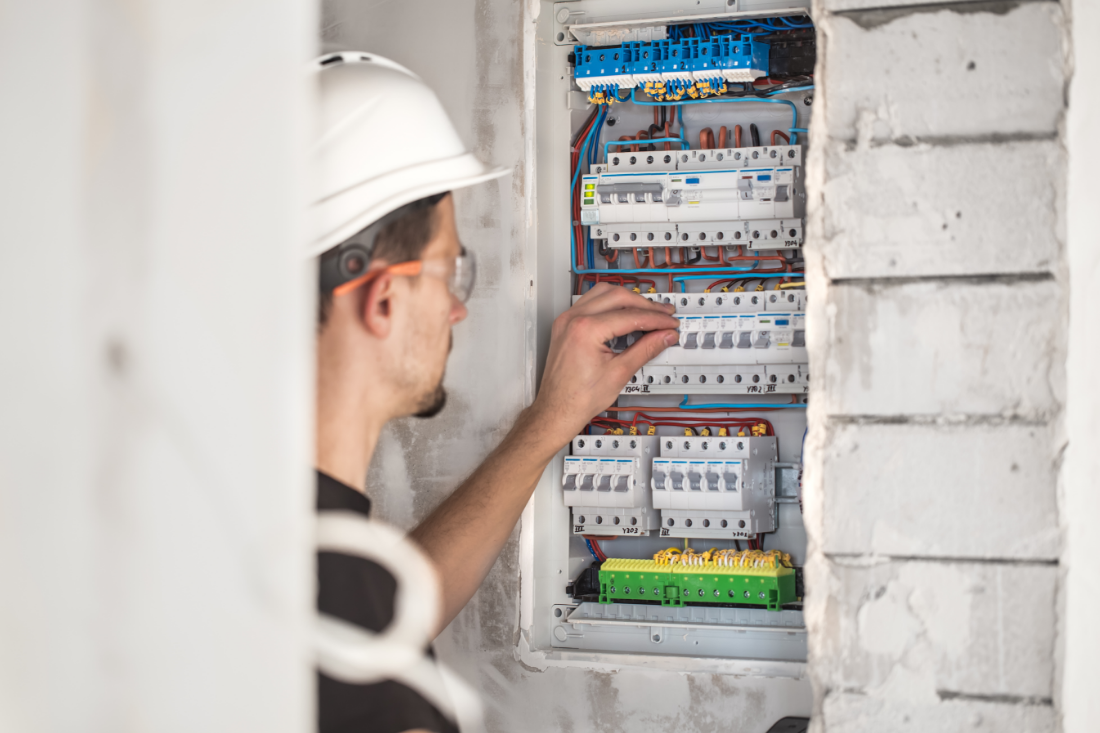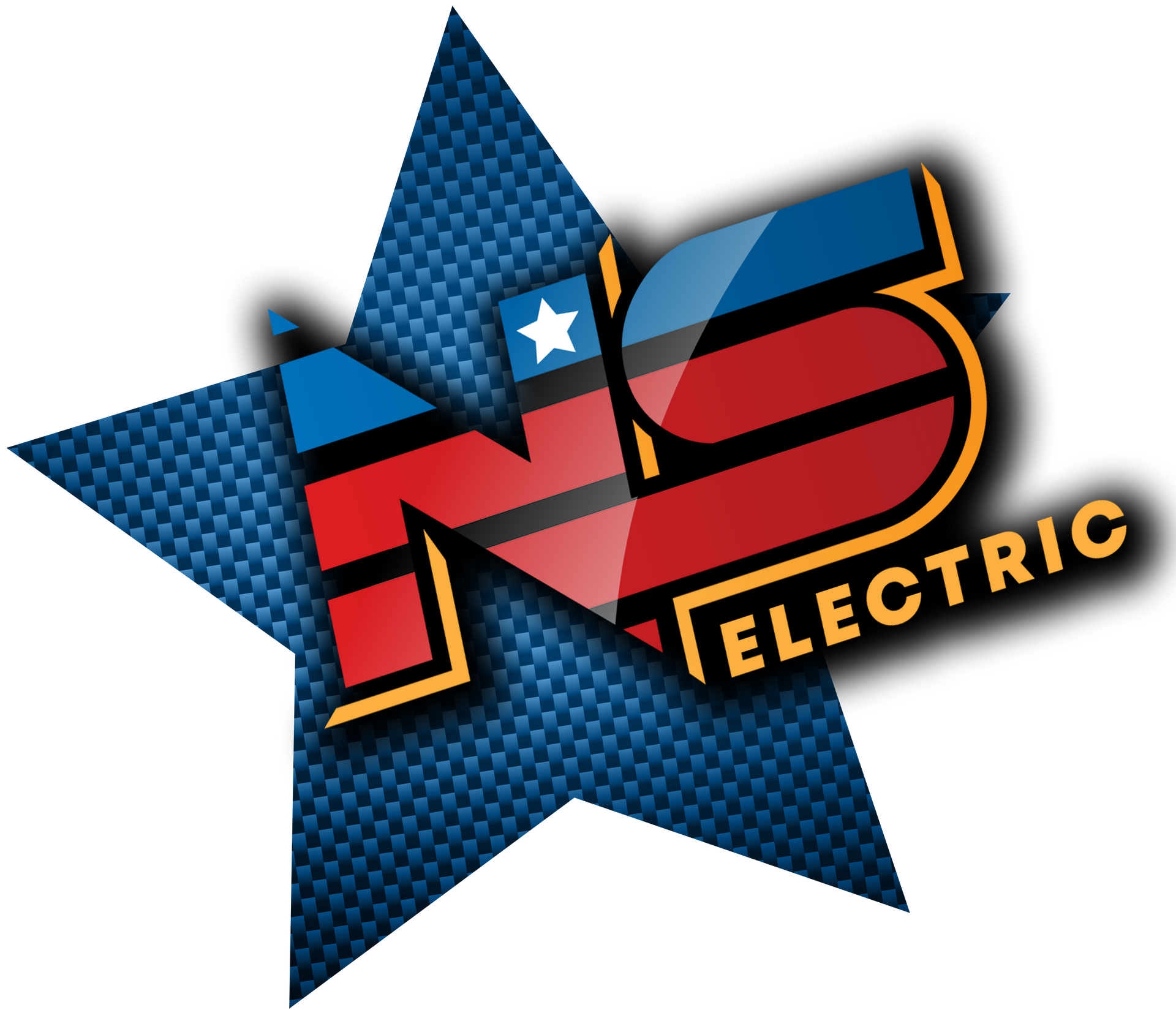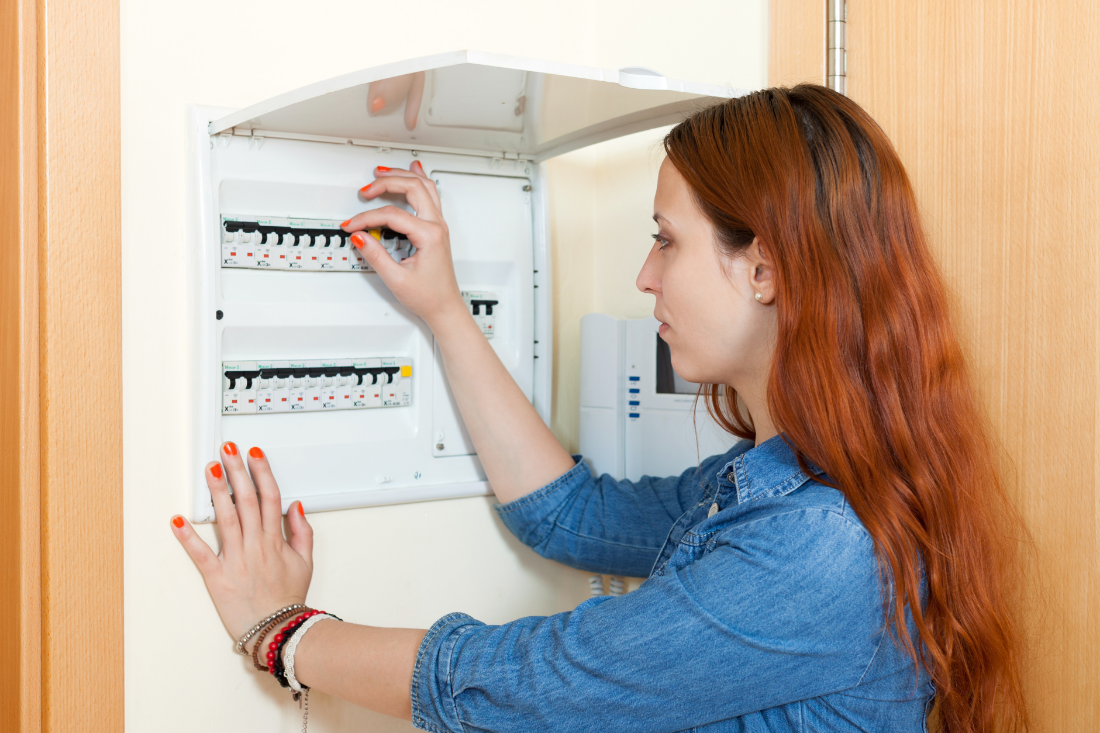Do I Need a New Electrical Panel?

In today's power-hungry world, your home's electrical system faces unprecedented demands. From charging smartphones to running energy-intensive appliances, the pressure on your electrical panel has never been greater. But how do you know when it's time to upgrade this crucial component? Let's dive into the telltale signs that your electrical panel might be crying out for an overhaul.
Understanding Your Electrical Panel
Think of your electrical panel as the heart of your home's electrical system. It's the command center that receives power from the
utility company and directs it to various circuits throughout your property. As your electrical needs evolve, this vital component may struggle to keep up, potentially leading to a host of issues.
Modern homes typically boast panels ranging from 100 to 200 amps. If you're living in an older home, however, you might be dealing with a measly 60-amp panel – a relic ill-equipped to handle the electrical appetite of today's devices and appliances.
Signs You Need a New Electrical Panel.
Frequent Circuit Breaker Trips
Does it feel like you're constantly playing hide-and-seek with your circuit breakers? If you're making frequent trips to the electrical panel to reset tripped breakers, it's a glaring sign that your system is overwhelmed. This issue often rears its head when you're running multiple power-hungry appliances simultaneously.
Keep an eye on which circuits are the usual suspects. If it's always the same culprit, you might get away with redistributing the load. But if you're dealing with multiple troublemakers, it's likely time to consider an upgrade.
Flickering or Dimming Lights
If your home feels like it's auditioning for a horror movie with flickering lights, your electrical panel might be the director. This eerie phenomenon, especially noticeable when you fire up large appliances, suggests your panel is struggling to distribute power effectively.
Pay close attention when you're using energy hogs like air conditioners or microwaves. If you notice a significant dimming across multiple rooms, it's a red flag that your panel is crying uncle under the strain.
Burning Smell or Visible Scorching
If you catch a whiff of something burning or spot any scorching around your electrical panel, don't wait – act immediately. This is your home's way of sending up a smoke signal (hopefully not literally) that there's a serious problem brewing.
Even slight discoloration around outlets or switches shouldn't be ignored. These seemingly minor signs can be the precursors to a full-blown electrical fire. Remember, when it comes to electrical issues, it's better to be safe than sorry.
Outdated Fuse Box
Still relying on a fuse box instead of a modern circuit breaker panel? It's time to step into the 21st century. Fuse boxes, while once the standard, simply can't keep up with the electrical demands of modern households.
If your home was built before The Beatles hit the airwaves, chances are you're dealing with an outdated fuse box. While these old-timers can still function, they're not designed to handle the electrical load of today's appliances and electronics. Upgrading to a circuit breaker panel isn't just about increasing capacity – it's about bringing your home's safety into the modern age.
Age of Your Panel
Just like a fine wine, electrical panels have a shelf life. Most panels hang in there for 25-40 years, but as they approach retirement age, it's time to consider a replacement. Even if your older panel seems to be chugging along just fine, it might not meet current safety standards.
Modern panels come equipped with advanced safety features that their older counterparts lack. Take arc fault circuit interrupters (AFCIs), for instance – these nifty devices can prevent electrical fires before they start. It's like giving your home a safety upgrade and a capacity boost all in one go.
Lack of GFCI Outlets
If your home is lacking in ground fault circuit interrupter (GFCI) outlets, especially in water-prone areas, your electrical system might be stuck in a time warp. These crucial safety features are the unsung heroes of the electrical world, protecting you from nasty shocks by quickly cutting power when they detect a ground fault.
In today's homes, GFCIs are as essential as locks on your doors. Modern building codes mandate their presence in bathrooms, kitchens, laundry rooms, and outdoor areas. If your home is GFCI-deficient, it's a clear sign that your electrical system needs a modern makeover.
Benefits of Upgrading Your Electrical Panel
Giving your electrical panel a 21st-century facelift comes with a slew of perks:
- Safety First: New panels come armed with cutting-edge features to keep electrical fires and shocks at bay.
- Power Up: Handle your growing army of devices and appliances without breaking a sweat.
- Energy Efficiency: Modern panels can help you wage war on energy waste, potentially shrinking your utility bills.
- Future-Proof Your Home: Stay ahead of the curve and ready for whatever high-tech gadgets the future might bring.
- Boost Your Property's Appeal: An updated electrical system can be a major selling point if you ever decide to put your home on the market.
The Upgrade Process
Upgrading your electrical panel isn't a DIY weekend project – it's a job for the pros. Here's a sneak peek into what goes down during an upgrade:
- Assessment: A licensed electrician puts your current system under the microscope.
- Planning: Your electrician drafts a battle plan, designing a new panel layout tailored to your home's needs.
- Permits: The necessary paperwork is filed with local authorities.
- Installation: Out with the old, in with the new – your outdated panel is swapped for a modern powerhouse.
- Inspection: A final once-over ensures your new panel is up to snuff and meets all safety codes.
- The whole process typically takes one to two days, depending on the complexity of the job and any additional work needed, like rewiring or adding new circuits.
When to Call a Professional
While it's great to be in the know about the signs of electrical panel trouble, diagnosing and fixing these issues is strictly a job for the pros. Attempting to DIY your way through electrical work is not only dangerous but could also land you in hot water with local building codes.
If you've spotted any of the red flags we've discussed, or if you're just feeling uneasy about your electrical system, it's time to bring in the cavalry. At NS Electric, we've got the know-how, experience, and tools to give your electrical system a thorough check-up and provide tailor-made solutions to keep your home powered up safely and efficiently.
Contact NS Electric today for a professional assessment of your electrical panel. Our team of licensed electricians is standing by, ready to ensure your home's electrical system is not just up to code, but up to the challenge of powering your modern lifestyle.
Frequently Asked Questions
How much does it cost to replace an electrical panel?
Replacing an electrical panel isn't a one-size-fits-all affair. The cost can vary widely based on factors like panel size, installation complexity, and your location. On average, you're looking at an investment of $1,500 to $4,000 for a full panel replacement. For a precise estimate tailored to your specific situation, it's best to have a licensed electrician assess your needs in person.
How long does it take to replace an electrical panel?
Most panel replacements are a day's work, typically taking anywhere from four to eight hours. However, more complex jobs might stretch into a full day or even two. Your electrician can give you a more accurate timeline after assessing your specific setup.
Can I replace my electrical panel myself?
Absolutely not. Replacing an electrical panel isn't a task for weekend warriors or DIY enthusiasts. It involves working with high-voltage electricity and requires specialized knowledge, tools, and expertise. Improper installation can lead to serious safety hazards, including fire risks and potentially fatal electrical shocks. This is one job that's always best left to licensed, experienced professionals.
How often should an electrical panel be replaced?
While electrical panels don't come with a strict expiration date, most serve faithfully for 25 to 40 years. However, if you're experiencing issues or if your electrical needs have outgrown your current panel's capacity, you might need to replace it sooner. Regular check-ups by a professional electrician can help you stay ahead of potential problems and determine when it's time for an upgrade.
Will upgrading my electrical panel lower my energy bills?
While a new electrical panel won't directly slash your energy consumption, it can pave the way for improved energy efficiency. A modern panel distributes power more effectively, potentially reducing energy waste. Plus, it opens the door for you to install more energy-efficient appliances and systems, which can contribute to lower overall energy costs in the long run.
Ready to work with NS Electric?
Let's connect! We’re here to help.
Send us a message and we’ll be in touch.
Or give us a call today at 111-222-3333
Agency Contact Form
We will get back to you as soon as possible
Please try again later
More Marketing Tips, Tricks & Tools

Hours:
Monday - Friday
8:00AM - 5:00PM
Saturday - Sunday:
By Appointment Only
All Rights Reserved | GOL Digital Solutions






